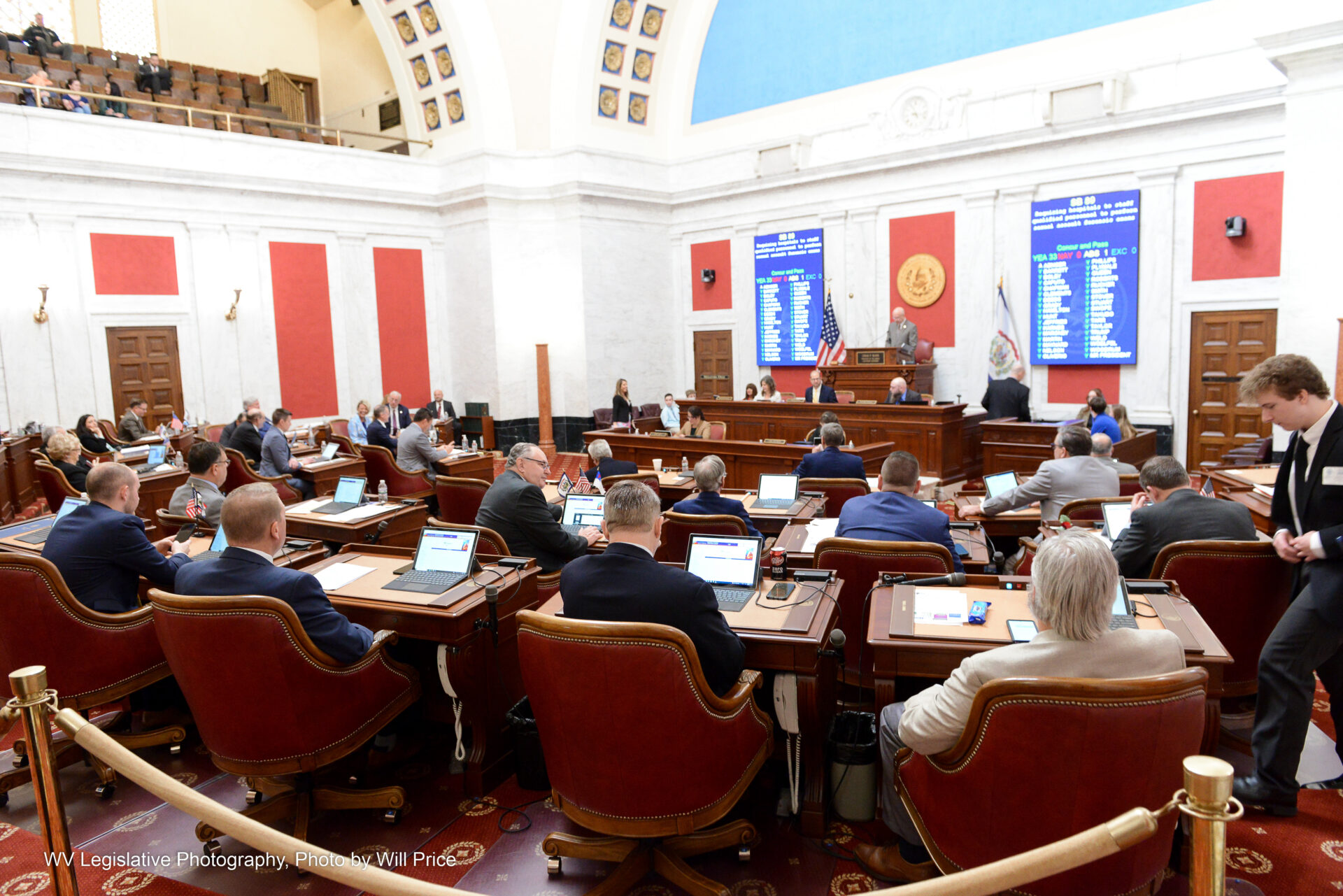Senate Bill 89 has been discussed at length this legislative session, in addition to interim meetings. According to Sen. Mike Woelfel, D-Cabell, the legislature has been working to pass a version of this bill for three years.
A bill meant to staff each West Virginia hospital with a qualified sexual assault nurse examiner was amended in the House.
Senate Bill 89 has been discussed at length this legislative session, in addition to interim meetings. According to Sen. Mike Woelfel, D-Cabell, the legislature has been working to pass a version of this bill for three years.
The bill requires all West Virginia hospitals to have sexual assault nurse examiners on staff and on call.
Issues around proper care for victims of sexual assault or abuse were a topic of conversation during interim committee sessions where lawmakers heard from advocates, including two representatives of the Sexual Assault Forensic Examination Commission.
Back in January, two advocates for the bill, Nancy Hoffman, director of the West Virginia Foundation for Rape Information and Services and David Miller, forensic central evidence processing supervisor with the West Virginia State Police, told lawmakers that remaining roadblocks in proper care and criminal proceedings stem from a shortage of trained nurses in combination with travel time and costs, causing long delays for the victims.
Senate Bill 89 addresses those issues by calling on the state’s hospitals to implement training as soon as possible, to meet an 18-month deadline. At the time, Woelfel asked if West Virginia’s hospitals would have a hard time complying. In response, Sen. Mike Maroney, R-Marshall, Health and Human Resources Committee chairman, mentioned interim committee discussions and said the hospitals understood how important this training will be for their patients.
However, two amendments to the bill passed through the House of Delegates today that would allow for verbiage to let hospitals transfer victims to a facility with trained staff or treat them via telehealth.
On the House floor Monday, Del. Amy Summers, R-Taylor, explained the committee substitute for Senate Bill 89 on the House floor.
“As the house looked at that bill, we felt that that was probably unrealistic since only 17 percent of hospitals are staffed with these types of individuals,” Summers said. “Therefore, we changed the bill in the House to require that the SAFE commission, which stands for Sexual Assault Forensic Exam Commission, to update its legislative rules requiring that hospitals have trained health care providers available or they have transfer agreements as provided for in their county plans to complete a sexual assault forensic exam. Available also includes but is not limited to having access to a trained Sexual Assault Forensic Exam Expert via telehealth.”
According to Summers, telehealth or transfers will only be an option if the victim provides their consent.
“It would not be allowed to be done if somebody didn’t give their consent for it,” Summers said. “So, if you research the data on TeleSANE, it’s called, if you find that the reason it’s been created…is because the rural and underserved communities also usually can’t find people. So what they’ll do is they’ll use someone that knows how to perform an exam, but they only get one or one a year, right. They don’t have all of the knowledge that somebody that’s an expert in the field might. So it just works to help supplement that. So that you get the best evidence that you possibly can.”
Senate Bill 89, as amended, was sent back to the Senate for consideration of those two amendments.
